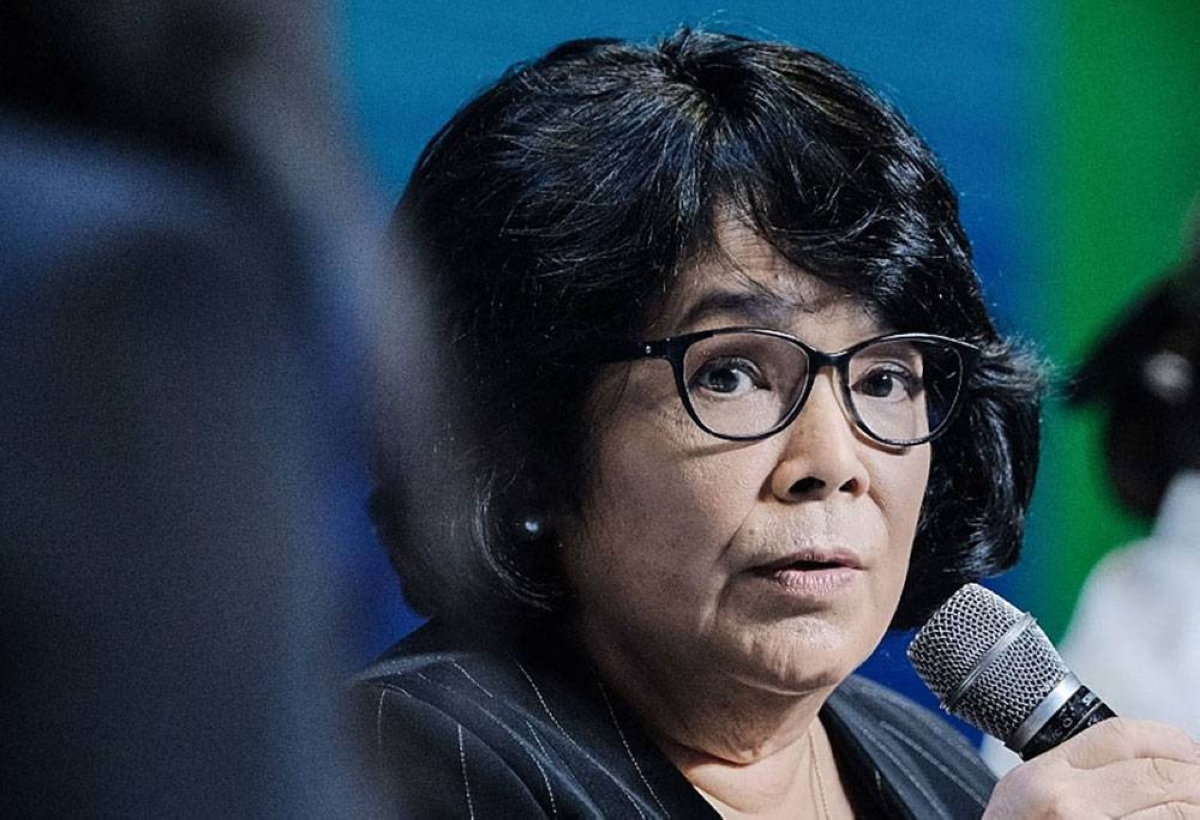The Philippines has announced its participation in a groundbreaking international partnership with the National Aeronautics and Space Administration (NASA) to address air quality concerns in the Asian region. Secretary Maria Antonia Yulo-Loyzaga of the Department of Environment and Natural Resources (DENR) shared this exciting development on Sunday.
Under this collaboration, NASA will conduct specialized scientific research flights to study the atmosphere of Metro Manila and its surrounding regions. Engineers and air quality specialists from the Environmental Management Bureau (EMB) of the DENR will join the flights, working alongside NASA scientists to gain valuable insights.
Secretary Yulo-Loyzaga expressed her optimism about the impact of this collaboration, stating, “By working with NASA and our esteemed partners, we can make significant strides in our understanding of air pollution and our ability to address this urgent issue.” The data collected during the research flights will be instrumental in developing programs to mitigate air quality problems that directly affect public health and contribute to climate change.
This joint effort, known as the Airborne and Satellite Investigation of Asian Air Quality (ASIA-AQ), brings together experts from NASA, the DENR, South Korea’s National Institute of Environmental Research, Malaysia’s Universiti Kebangsaan Malaysia, and Thailand’s Geo-Informatics and Space Technology Development Agency. The collaboration aims to leverage advanced satellite technology, ground-based observations, and airborne missions to gain a comprehensive understanding of the specific air quality challenges faced by Metro Manila.
Secretary Yulo-Loyzaga emphasized the significance of this partnership, stating, “Through this collaboration, we can enhance air quality models, provide accurate forecasts, and develop effective policies to ensure a healthier future for our communities.” The ultimate goal is to improve air quality not only in Metro Manila but also in other regions across Asia.
In addition to the aforementioned partners, the collaboration within the Philippines involves the Philippine Space Agency, Manila Observatory, Ateneo de Manila University, and the University of the Philippines. The inclusion of these local institutions demonstrates the commitment to contextualize the research and findings to the Philippine context, taking into account local laws, customs, and societal factors.
By participating in this international collaboration, the Philippines is taking a proactive approach to address air quality issues. The partnership with NASA and other esteemed organizations will not only yield valuable scientific insights but also contribute to the development of effective strategies and policies to combat air pollution. This initiative represents a significant step towards creating a cleaner and healthier future for the Philippines and the entire Asian region.
In conclusion, the Philippines’ involvement in the ASIA-AQ partnership with NASA showcases the country’s dedication to addressing the pressing issue of air pollution. Through scientific research flights, advanced satellite technology, and collaborative efforts with international and local partners, the Philippines aims to gain a comprehensive understanding of air quality challenges and implement effective solutions. This collaboration will undoubtedly contribute to the development of better air quality models, accurate forecasts, and impactful policies, ultimately leading to a healthier environment for all.
Source: The Manila Times








